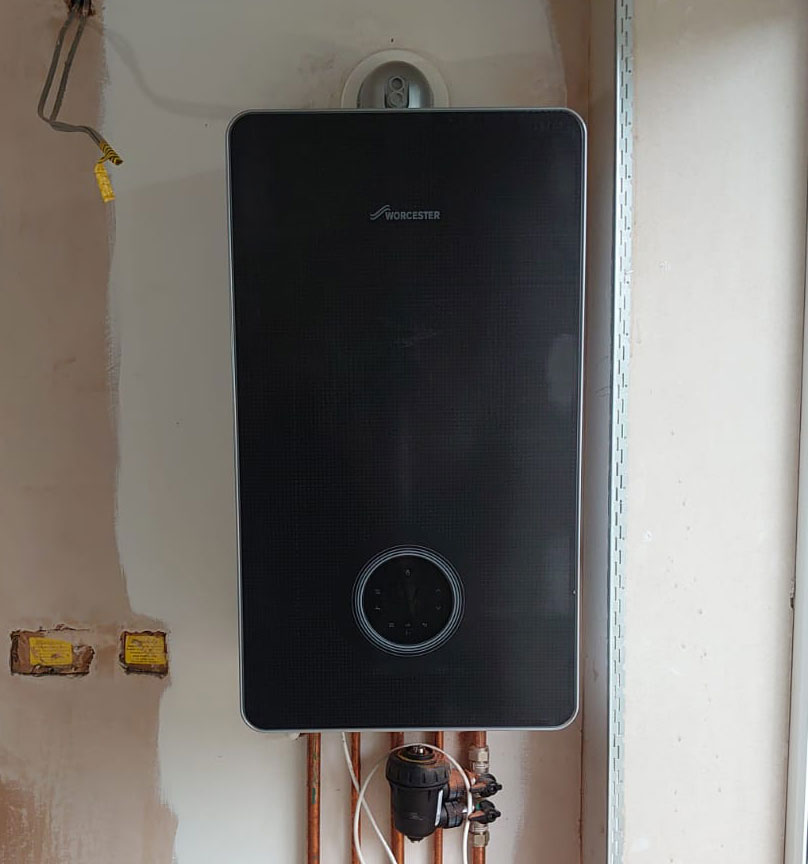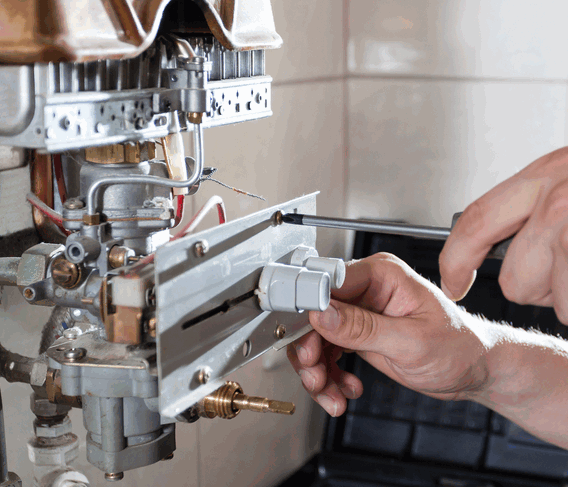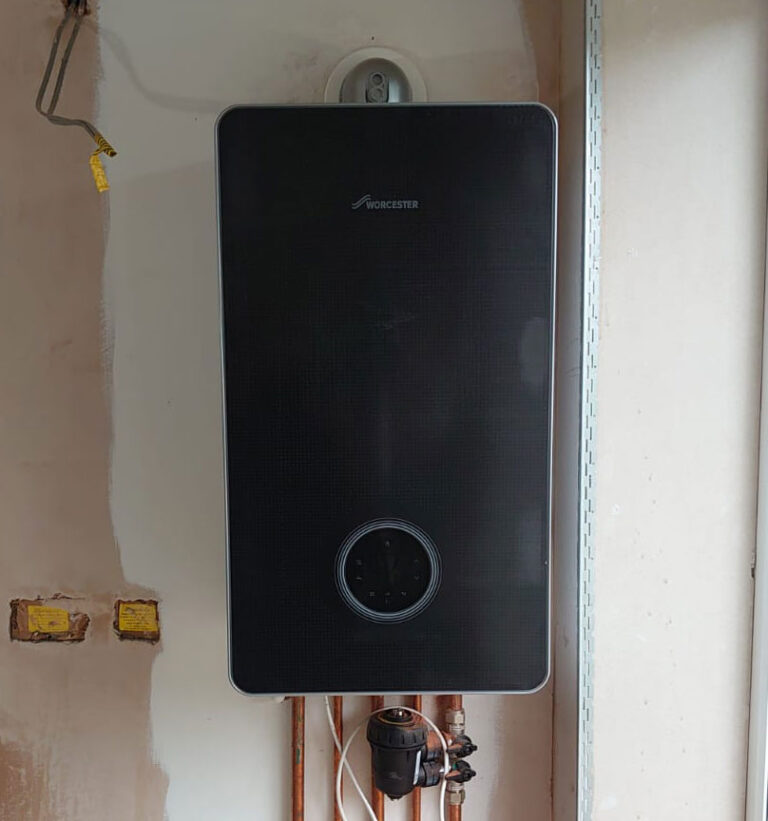do water conditioners work?
Water conditioners can be effective, but their effectiveness depends on the type of water conditioner and the specific water issues you’re addressing. Here’s a breakdown of different types of water conditioners and their effectiveness:
- Salt-Based Water Softeners
Effectiveness: Highly effective in reducing hardness in water by replacing calcium and magnesium ions with sodium ions.
Best for: Areas with very hard water.
Pros: Provides soft water, extends the life of plumbing and appliances, and improves soap and detergent effectiveness.
Cons: Adds sodium to the water, requires regular maintenance (salt replenishment), and can be more expensive. - Salt-Free Water Conditioners
Effectiveness: Moderately effective in preventing scale buildup but do not actually soften water (don’t remove hardness minerals).
Best for: Areas with moderately hard water or for those who want a low-maintenance option.
Pros: No added sodium, minimal maintenance, environmentally friendly.
Cons: Less effective in very hard water areas, does not provide the same benefits as salt-based softeners in terms of water softness. - Magnetic/Electronic Water Conditioners
Effectiveness: Mixed results; some users report reduced scale buildup, while others see little to no difference.
Best for: Situations where a non-invasive, low-cost solution is desired.
Pros: Easy to install, no ongoing maintenance, and relatively inexpensive.
Cons: Scientific evidence on their effectiveness is limited and mixed, and results can vary significantly. - Carbon-Based Filters and Reverse Osmosis Systems
Effectiveness: Excellent at removing a wide range of contaminants (e.g., chlorine, lead, pesticides) but not specifically designed for hardness reduction.
Best for: Improving overall water quality by removing impurities.
Pros: Provides cleaner, better-tasting water; can remove a variety of contaminants.
Cons: Do not address hardness; reverse osmosis systems can be wasteful and require significant maintenance.
Conclusion
Water conditioners can work, but their effectiveness depends on your specific needs and the type of conditioner. If your primary concern is hard water, a salt-based softener is generally the most effective. For scale prevention with less maintenance, a salt-free conditioner might be suitable. If you’re skeptical about the effectiveness of magnetic/electronic conditioners, consider consulting reviews or third-party evaluations for your specific product.
For a tailored solution, consider having your water tested and consulting with a water treatment professional to determine the best option for your situation.




